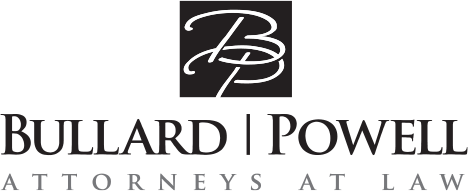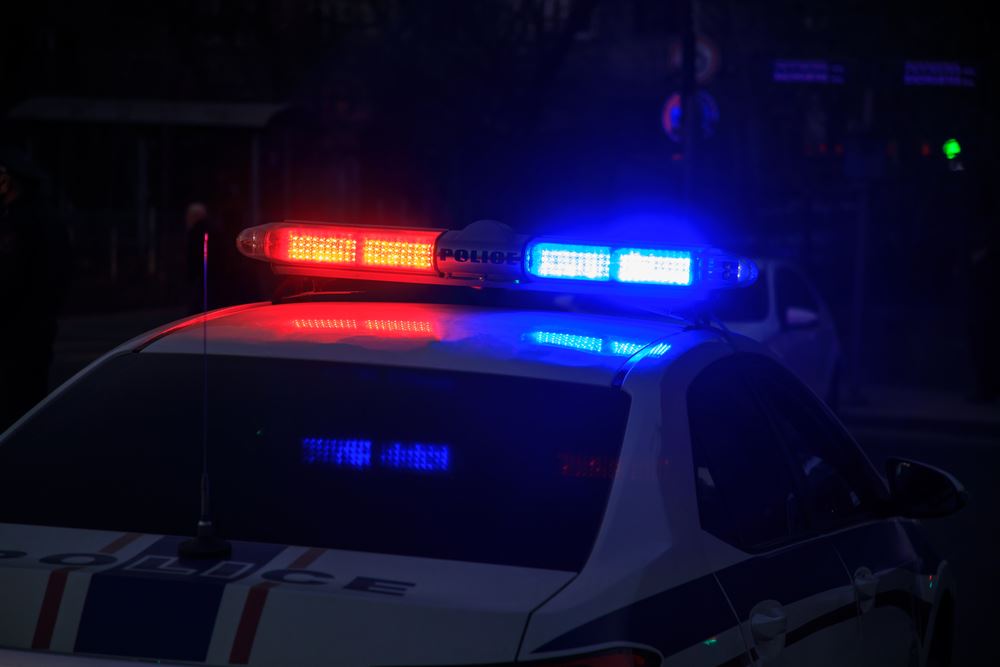As responsible advocates for our clients, Bullard & Powell, APC is committed to ensuring everyone understands their rights and knows what to expect when encountering DUI checkpoints in California. The state takes driving under the influence (DUI) offenses seriously, and law enforcement agencies utilize checkpoints to keep the roads safe. However, being aware of your rights during these encounters is crucial to protect yourself and avoid unnecessary legal complications.
Understanding DUI Checkpoints
DUI checkpoints, also known as sobriety checkpoints, are temporary roadblocks set up by law enforcement agencies to stop vehicles and check for intoxicated drivers randomly. The primary objective of these checkpoints is to reduce the number of DUI-related accidents and ensure the safety of all motorists on the road.
The Right to Remain Silent
At Bullard & Powell, APC, we advise our clients to exercise their right to remain silent during DUI checkpoints. You are not required to answer any questions beyond providing your identification and proof of insurance and registration. Avoid volunteering any information about your activities or the reason for your journey.
The Right to Refuse Field Sobriety Tests
You can decline field sobriety tests in California during a DUI checkpoint encounter. These tests, such as the walk-and-turn or the one-leg stand, are subjective and can be influenced by factors like fatigue or medical conditions. Politely but firmly, inform the officer that you choose not to participate in these tests.
The Right to Refuse a Preliminary Alcohol Screening (PAS) Test
During a DUI checkpoint, you might be asked to take a Preliminary Alcohol Screening (PAS) test involving a handheld breathalyzer. It's important to note that these tests are optional for individuals over 21. However, under California's implied consent law, refusing a PAS test can result in administrative consequences, such as a license suspension.
The Right to Legal Representation
If you are arrested or detained at a DUI checkpoint, remember you have the right to an attorney. Exercise this right and refrain from making statements until you have legal representation. Contact Bullard & Powell, APC, immediately, and our experienced DUI defense attorneys will protect your rights and provide expert guidance throughout the legal process.
Brief Questioning
During a DUI checkpoint stop, officers typically ask a few routine questions, such as where you are coming from and where you are headed. Remember to keep your responses concise and avoid sharing unnecessary details.
Visual Inspection
The officer may visually inspect your vehicle's exterior and interior. Ensure that your vehicle is in proper working condition and that there are no visible signs of impairment, such as alcohol containers in the car.
Sobriety Testing
If the officer suspects impairment, they may ask you to perform field sobriety tests or take a PAS test. As mentioned earlier, you can decline these tests, but remaining respectful when asserting your rights is crucial.
Breath or Blood Test (If Arrested)
If the officer has probable cause to believe you are driving under the influence, you may be arrested and asked to take a chemical test, such as a breathalyzer or blood test, at the police station. Refusal to take these tests can lead to additional penalties under California's implied consent law.
At Bullard & Powell, APC, we understand that encountering a DUI checkpoint can be nerve-wracking. You can confidently navigate these situations by knowing your rights and what to expect. If you face DUI charges or have questions about your rights during a checkpoint stop, don't hesitate to contact our skilled DUI defense attorneys for professional legal assistance. Stay informed, stay safe, and protect your rights on the road.
Contact Bullard & Powell, APC. today for a consultation, and let us protect your rights and interests!


